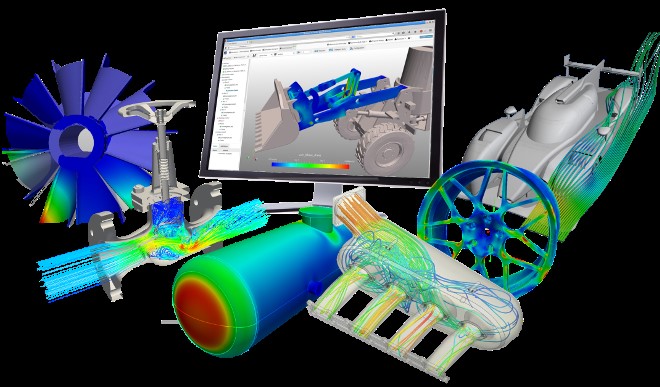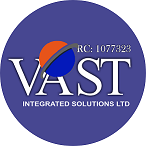Abaqus Simulia

About Course
Course Description
“Simulate engineering problems with advanced finite elements analysis method”
This course is a complete basic guide to Abaqus software, which is designed for students, engineers, researchers… to be able to use the software from zero level to simulate physical problems in a simple and practical way. It does not matter if you have no experience in Finite Elements or Abaqus, you will be also capable of understanding everything and you will finish the course with deep knowledge of the subject.
Mastering the Finite Elements to solve physical problems today is something very necessary in engineering and its demand is really high. In addition, this demand is highly increasing. Knowing how to solve this type of simulation can give you many job opportunities and many economic benefits. Abaqus is a very complete software that offers you a multitude of physical modules for simulation, such as structural, heat transfer, fluid analysis…
Through expert-led sessions, interactive exercises, and real-world case studies, you’ll learn to simulate complex designs, optimize performance, and solve engineering problems efficiently.
Course Highlights
- You will be able to solve multiphysics simulations in Abaqus, understanding all it’s
structure, process and physical meaning
- You will understand the logic of Finite Elements to simulate a complete problem step by
step and from the base to advanced level
- You will comprehend perfectly the graphical interface of Abaqus and all its modules to set
up all aspects of the problem
- You will be able to build or import the geometry of the problem, configure the properties,
Steps, Loads and much more
- You will learn in detail the meshing process for each different problem, and you will
understand how it can affect the result, comparing different cases
- You will know how to simulate, interpret and verify the results, through correct visualization
and ideal post-processing
- You will learn in a practical way, through examples of mechanical, structural, non-linear
or heat transfer problems that you can solve step by step thanks to the course
Course Benefits
Enhanced Problem-Solving Skills:
- Abaqus training enables users to tackle complex engineering problems, including nonlinear and dynamic
Career Advancement:
- The demand for skilled Abaqus professionals is high, leading to lucrative salary packages and better job opportunities.
Improved Design Validation and Optimization:
- Abaqus training provides the skills to validate designs and optimize them for better performance.
Versatile Applications:
- Abaqus can be used across various industries, including aerospace, automotive, and civil engineering, opening doors to diverse career paths.
Stronger Credentials:
- Abaqus certifications validate skills and knowledge, making individuals more competitive in the job market.
Access to Advanced Features:
- Abaqus offers advanced features for multiphysics problems, nonlinear dynamics, and customization through scripting.
Hands-on Experience:
- Many Abaqus courses provide practical, real-world project experience, allowing users to apply their knowledge with confidence.
In essence, Abaqus courses empower engineers to:
- Simulate and analyze complex engineering problems.
- Design and optimize products for better performance and efficiency.
- Advance their careers with recognized certifications and in-demand skills.
- Contribute to innovation and technological advancements.
Prerequisite
Experience with AutoCAD or other CAD packages is necessary and an understanding and knowledge of mechanical design will be beneficial.
